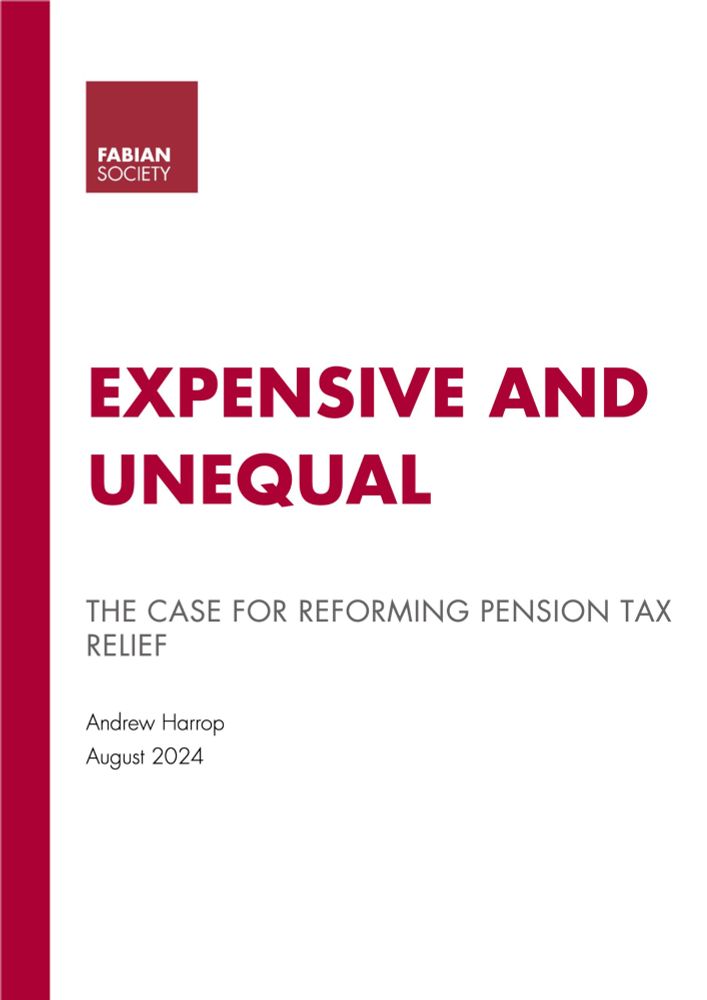
One further thought- even if public investment crowds in private investment (as appears highly likely), thereby increasing capacity over time, there's still a short-term capacity crunch to be negotiated due to the lack of meaningful slack in the economy- however you configure your fiscal rules...
not to mention unreliable transport infrastructure, patchy law enforcement+penal system, outdated energy grid, insufficient renewables/nuclear, lack of affordable housing stock in areas of high demand...
(Fwiw, I think this is an error, both in terms of political tactics and economic management, arguably also an error in reading the election tea leaves- investing now, even if it requires some degree of reduced consumption, is far sounder than waiting for growth to free up capacity for investment!)
Good thread, but not sure it is straightforward disagreement about public investment consequences. What's missing from the analysis is reeves' account of supply constraints, so investment now is potentially destabilising without curbing demand, for which there is arguably no political mandate...
Thanks! The two policies could be complementary- if you're going to reduce state support for savings, at least balance out the intergenerational aspects by placing a corresponding charge on existing pension wealth (meaning you either need to withdraw less from younger generations or can invest more)
fabians.org.uk/publication/...www.resolutionfoundation.org/publications...www.ft.com/content/d6d6...taxpolicy.org.uk/2024/08/01/r...ifs.org.uk/articles/rai...www.wealthandpolicy.com/wp/EP7_OneOf... (pp18-21)

In July 2024, chancellor of the exchequer Rachel Reeves MP confirmed that she will raise taxes in October’s budget. Reform of tax relief on pension contributions is said to be on her menu of options. ...
This thread responds to some great work by: @andrewharrop.bsky.social@thefabians.bsky.social@adamcorlett.bsky.social@resfoundation.bsky.social@chrisgiles.bsky.social@financialtimes.com@danneidle.bsky.social@theifs.bsky.social Links to reports/articles in next post
…so would complement reducing tax relief on pensions, spreading the overall tax increase across generations in a more balanced way. (Plus could raise anything between £40bn and £120bn within this Parliament- enough for Labour to begin reversing the underinvestment holding back the UK economy.) [8/8]
One final point: there are some taxes that have the opposite intergenerational effect to restricting relief on pension contributions. A time-bound pension levy, like Ireland introduced post-GFC, would exclusively affect people who have already accumulated pension savings… [7/8]
… at best achieve only equity between generations because younger people will pay them too as they age. Still, given the last 14 years, there’s a good argument for making such intergenerational equity the aim, and minimising tax rises that skew young. [6/8]
